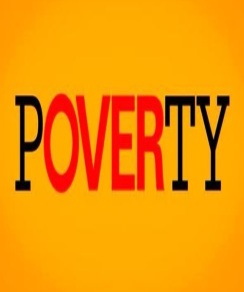Access to higher education is limited for low-income students nationwide. While the systemic issues in America’s education system are multifaceted, the Poverty Lab at the University of Chicago is trying to determine the relationship between college access and success providers— nonprofit organizations that work to eliminate barriers to college and career success for underrepresented students through support programs—and students in Chicago Public Schools (CPS).
Chicago has more than 60 providers that are working to close the gap between low-income students and their chances of future success. After analyzing 34 college access and success providers that serve CPS, the Poverty Lab published its findings in a recent report titled “College Access and Success in Chicago: Key Findings from a Landscape Scan of Student Supports.”
According to the piece, college access and success programs, and the number of students these programs serve, differ significantly throughout the CPS landscape. Providers’ survey responses indicated that program sizes annually span from fewer than 25 students to approximately 10,000.
In addition, the programmatic emphasis varied among programs. The lab analyzed different programs and established seven areas that their services dealt with: academic, college application, skills and auxiliary, transition to college, career training, financial, and balance.
 The report also found that programs target their services toward students who are in the “academic middle,” prioritizing them by their grade-point averages of between 2.0 to 2.9. Slightly more than 94% of the survey respondents said the GPA range of the students that providers serve was 2.01 to 3.0. High-intensity providers—providers that serve students more than 3 hours per week—also target areas where there is a greater need for support programs.
The report also found that programs target their services toward students who are in the “academic middle,” prioritizing them by their grade-point averages of between 2.0 to 2.9. Slightly more than 94% of the survey respondents said the GPA range of the students that providers serve was 2.01 to 3.0. High-intensity providers—providers that serve students more than 3 hours per week—also target areas where there is a greater need for support programs.
While providers aim to offer programs that assist students with college and career readiness and future success opportunities, the report found that few of them deliver services to students in CPS “Option schools” despite the desire of these students to continue their education or enter the workforce. Option schools are defined on the CPS website as places of learning that “offer additional supports and services for students who have been out of school and seek to return, or who may need opportunities to earn credits in an accelerated program.”
Lastly, the report determined that while providers have identified financial supports as a primary concern for students, few of them offer scholarships or assistance based on substantial financial need.
The findings from the Poverty Lab provide a system-level view of college access and success within CPS and identify key shortcomings in providers’ programs, as these organizations work toward the improvement of and increased opportunities for Chicago students.
